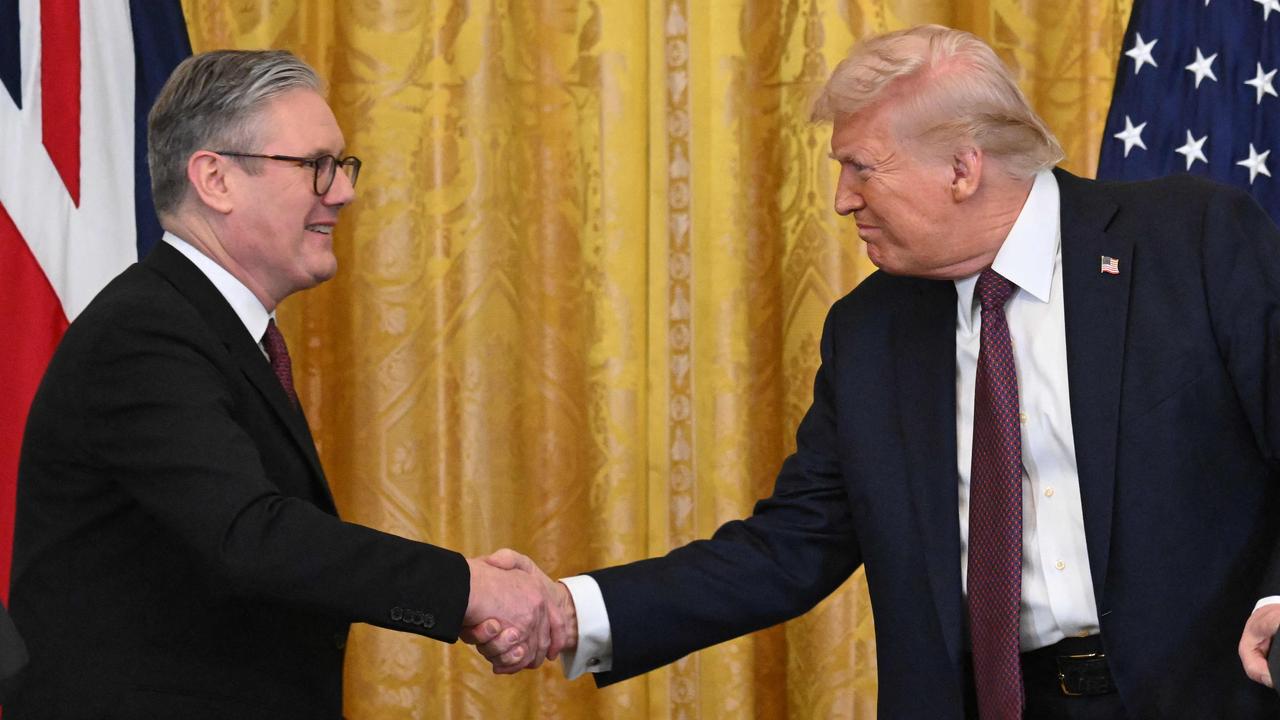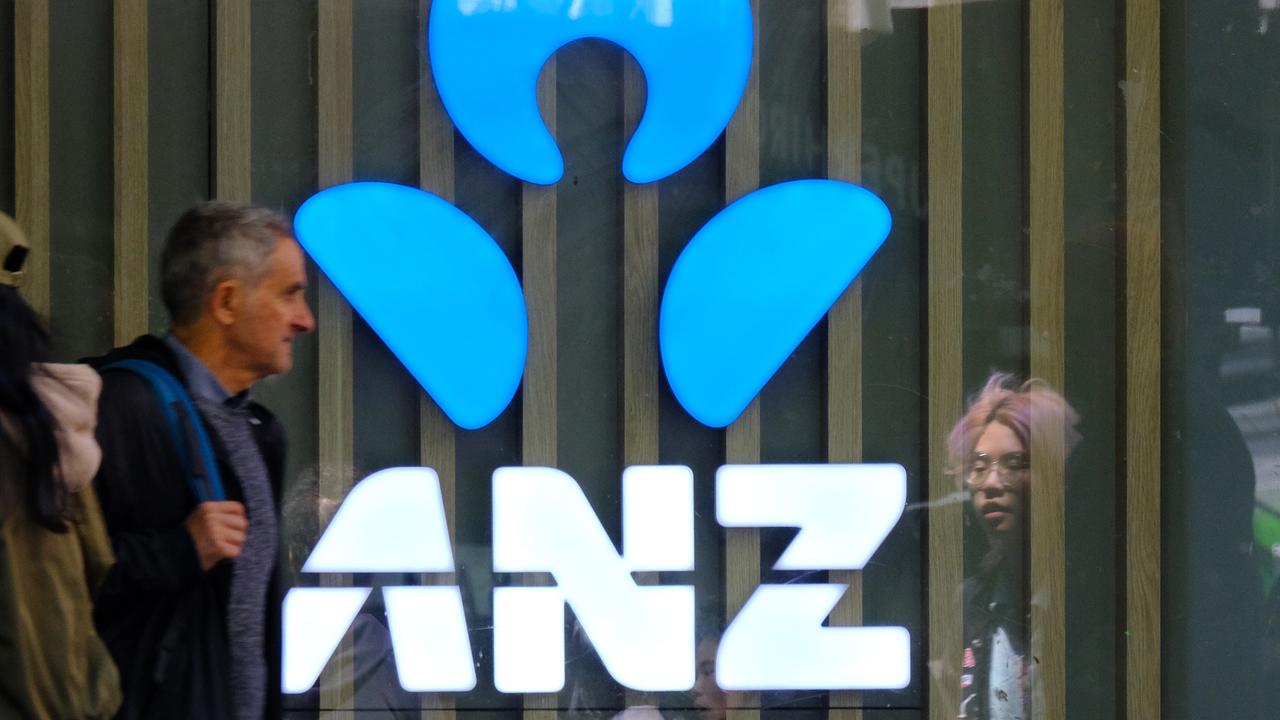‘Going bust’: Grim outlook as small Aussie businesses ‘battered’ and left behind
What was once a stalwart of Australian towns is quickly dying out, and there’s plenty of reasons why.

An “unfair playing field” has large businesses successfully weathering the economic storm while Australian small businesses are at breaking point, experts say.
They say the cost of living crisis has been tough on almost everyone, but small, independent businesses, once the pride of Australian towns and cities, are at an increased risk.
The country will see a surge in the number of small businesses going bust over the next one to two years, Vantage Performance chief executive Michael Fingland told news.com.au.
“The conditions have become so tough and they just don't have the cash to weather the storm that large business have,” he said.
Mr Fingland, whose company specialises in business turnaround, said the reality is customers are seeking out cheaper and cheaper prices as the cost of living bites, and small businesses cannot afford to drop their prices the way large businesses can.
He told news.com.au the increasing number of insolvencies is disproportionately made up of small and medium-sized enterprises (SMEs).
“We’ve been averaging 8000 a year pre-Covid, we’re up to 12,000 now and it’s probably going to be at least 13,000 to 14,000 a year, and that will all come from the small to medium-sized end of the market,” he said.

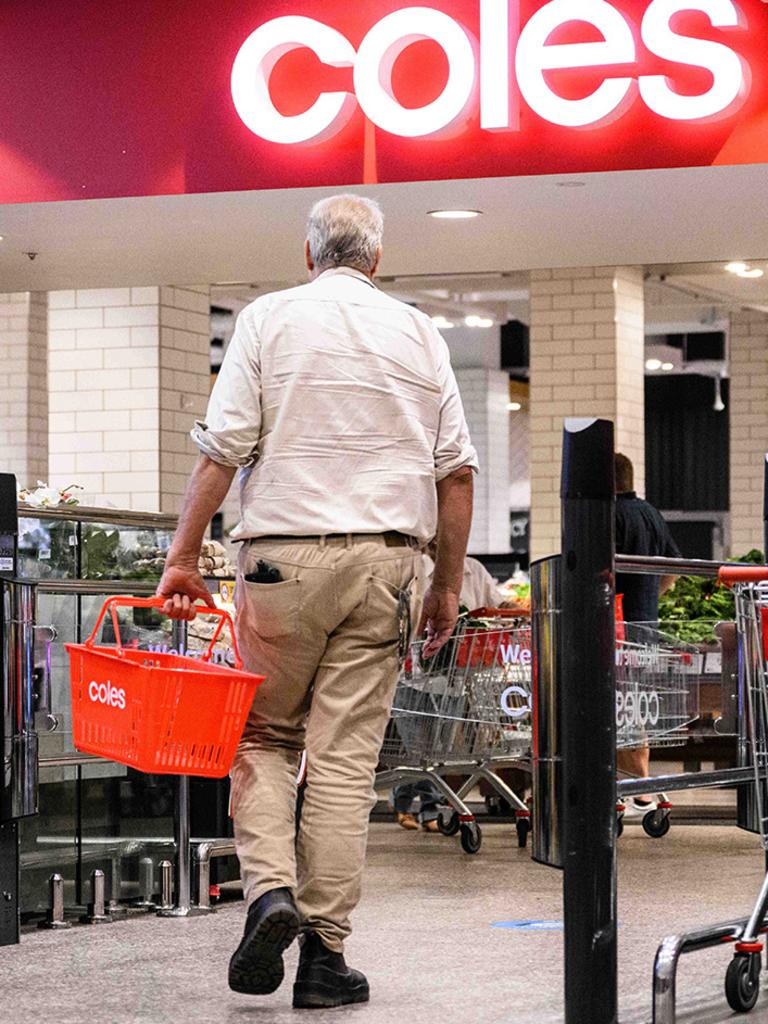
UBS equity strategist Richard Schellbach said just like the asset rich and older Australians are building wealth while the mortgage belt gets left further behind, the same story is unfolding within the business world.
“As well as having more recognised brand names, they are better able to manage costs by pushing back on suppliers, and pick up market share through tougher times,” he wrote in a note to clients, according to The Australian.
“Not surprisingly, these advantages are most apparent among the larger companies, with earnings reports over the last few weeks clearly illustrating this story.”
‘Big guys can brew for half the price of small guys’
Just over the weekend, beloved Sydney pub Atomic Beer called its last drinks and announced it was shutting permanently, joining a growing list of defunct brewers.
In the past year, other independent breweries that have closed down or gone into administration or liquidation include Brisbane-based Ballistic Beer Company, Adelaide business Big Shed Brewing, Melbourne-based Hawkers Brewery and Deeds Brewery, and the Wayward brand and Akasha Brewery, both from Sydney.
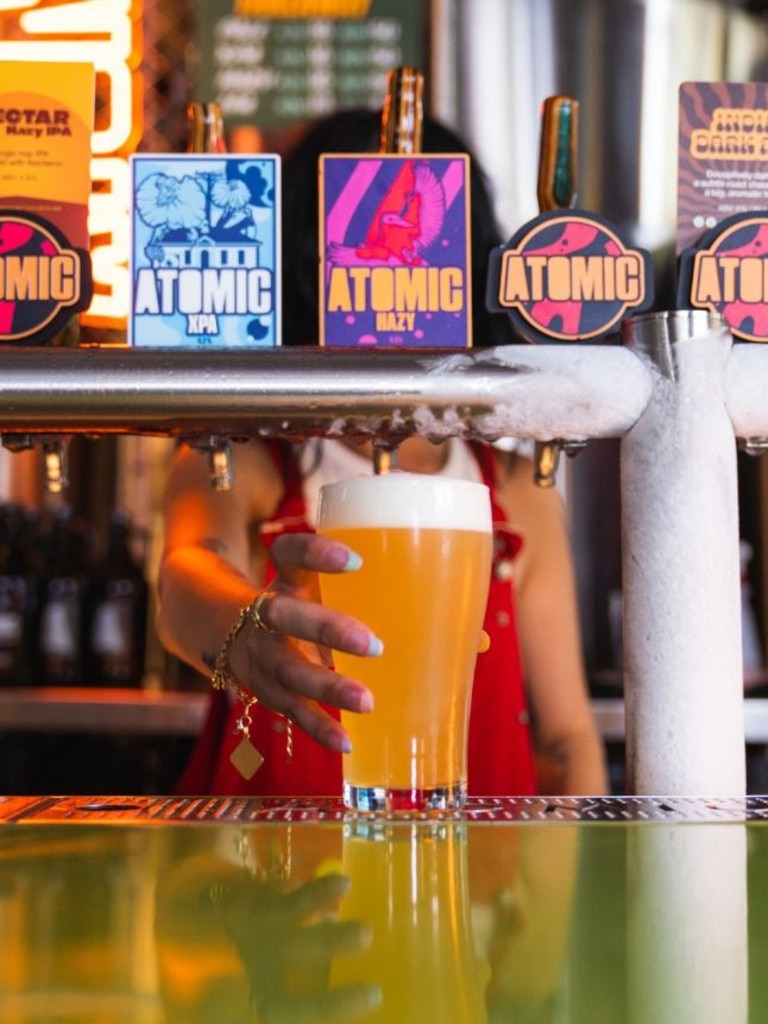

One of the reasons independent brewers are struggling to stay afloat is competition from the biggest players in the industry.
The two major players – Carlton & United Breweries (CUB), which makes VB and Carlton Draught among others, and Lion, which produces XXXX and Tooheys – command as much as 90 per cent of the beer market.
“The big guys can brew beer for half the price of the small guys,” Nick Boots, an industry consultant who was previously the general manager of popular Byron Bay brewery Stone & Wood, told news.com.au. “They have a tax advantage, they’ve got amazing efficiencies. They can produce beers more cheaply and sell it more cheaply.”
‘Battered by a perfect storm’
Luke Achterstraat, the chief executive of the Council of Small Business Organisations Australia, told news.com.au it was crucial to have a country where small businesses were able to stay open.
“They not only play an economic role but also a social role in the Australian fabric, making it even more important we have small business in 2024 and beyond,” he said.
He said they provide local character and job opportunities for young people, especially in regional and rural communities.
“We know small businesses are more likely than anyone to sponsor sporting and community groups – they are very much embedded in our way of life,” he said.
Mr Achterstraat added: “Ultimately big businesses cannot exist without small business.
“The trade between small and big businesses creates billions of dollars of economic opportunity so if we do not support the former, the future will not look good for the latter nor the Australian economy.”
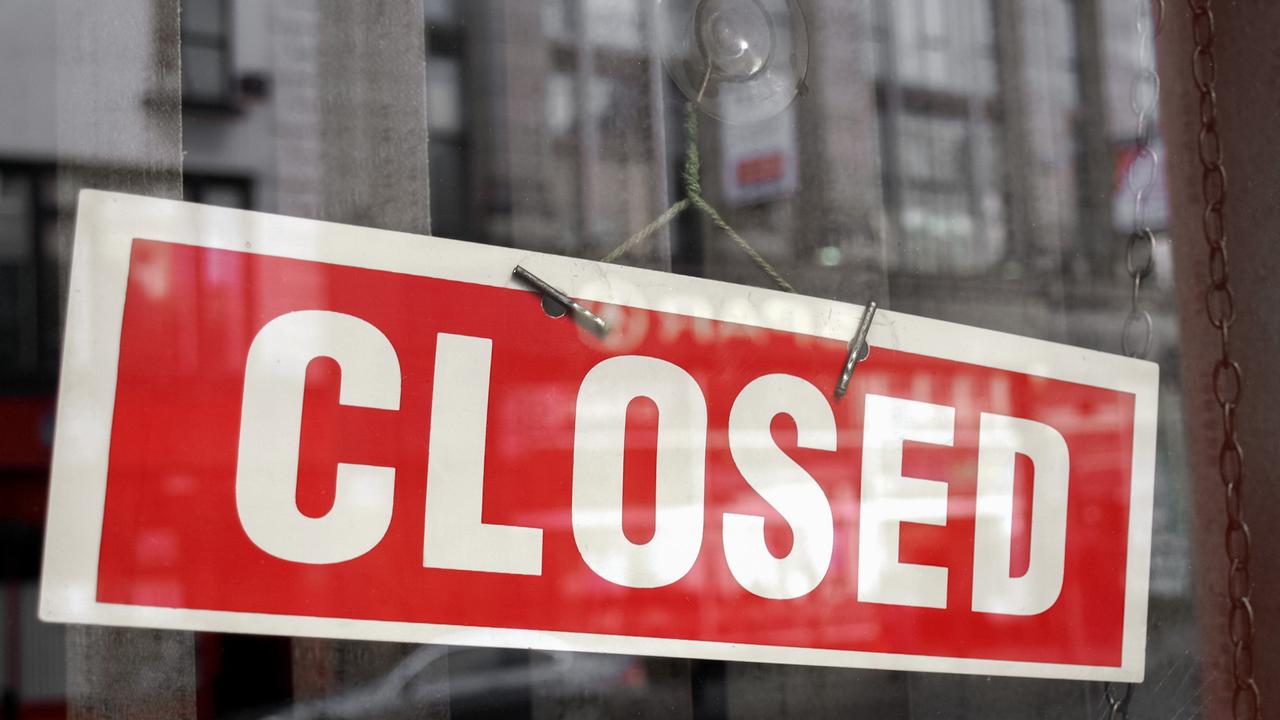
Mr Achterstraat said small businesses were being “battered by a perfect storm” including rent, energy, insurance and interest rates, and action was needed to save them.
“Small business owners are often between a rock and a hard place, unable to pass on these costs and are therefore working longer to absorb this pressure,” he said.
“A pipeline of complex regulation has a devastating impact on small businesses who don’t typically have large legal or compliance teams.
“To level the playing field we need faster payment times, fairer competition laws, realistic impact statements and genuine access to government contracts for small business.”
‘Unfair playing field’
Mr Fingland explained before any downturn or recession we see big businesses – with over $500 million a year in turnover – using their power.
“Larger businesses and listed companies because of their scale and structures, they can borrow money much more cheaply than a small to medium-sized business can, they can raise equity a lot more easily to bolster their balance sheet during tough times, and during the times of tough economic climates, financiers large and small tend to become a bit more conservative, so it’s safer to lend money to bigger businesses than small businesses,” he said.
“It’s a generalisation but the pool of money for small to medium-sized businesses becomes smaller as financiers tend to slightly weigh their portfolio towards larger businesses.
“I guess it gives larger businesses an unfair playing field when you look at all of those factors.”
He said buying power is another really big advantage.
“Having cash flow through your financiers is massive during a downturn but buying, which big companies have, is one of the main reasons they are more competitive – that becomes a huge advantage during tough times,” he said.
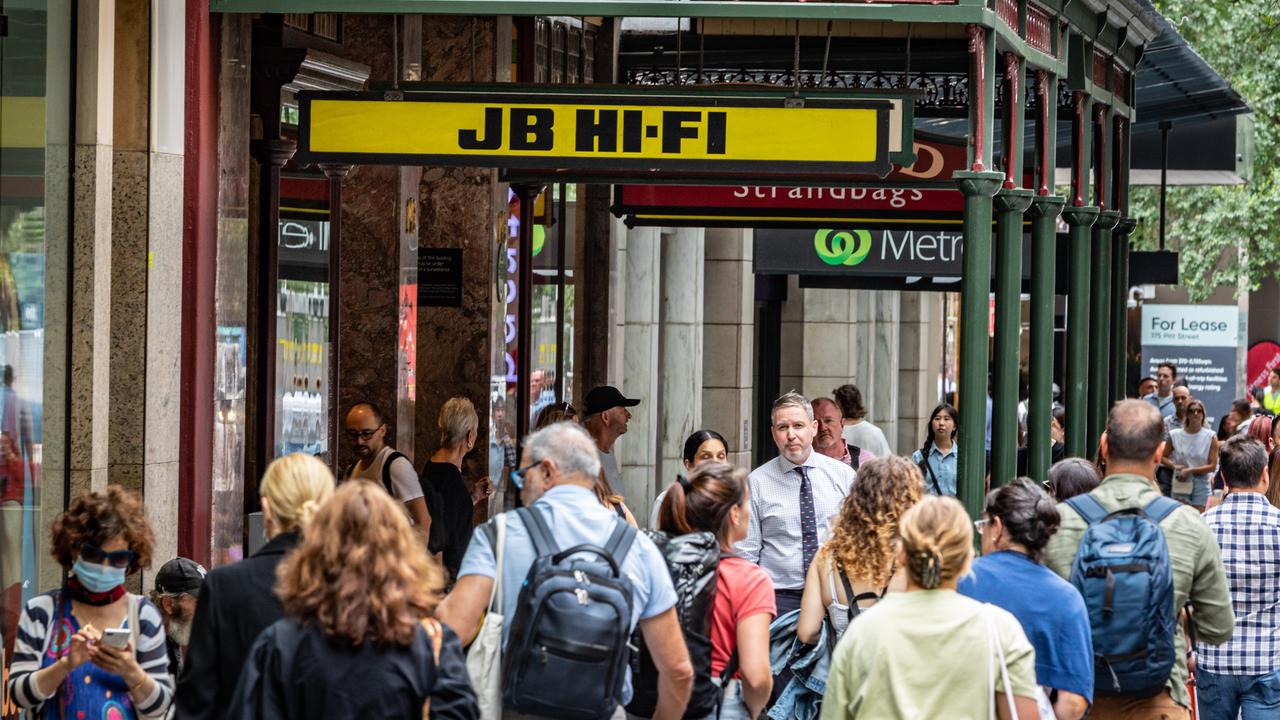
But it’s not all doom and gloom. Mr Fingland said it can actually be the best time to start a business if you are clever about it.
“If you start a business during a downturn, you learn to be very nimble and flexible very early on and you’re only adding on costs that are definitely going to give you a return,” he said.
He urged those who are looking to set up a business not to think they are out of the market for the next two to three years just because the economy isn’t great.
“You’ll have a lot of companies collapse unfortunately, but that creates gaps in the market,” he said. “If you’re a new entrant you might be able to come in with a different offering that is a bit more appealing.”
As for established businesses, Mr Fingland said it was crucial to revisit their why and purpose for existing.
He said businesses that are clear on the reason the owners got into business in the first place will have a much easier time finding customers and good staff.




